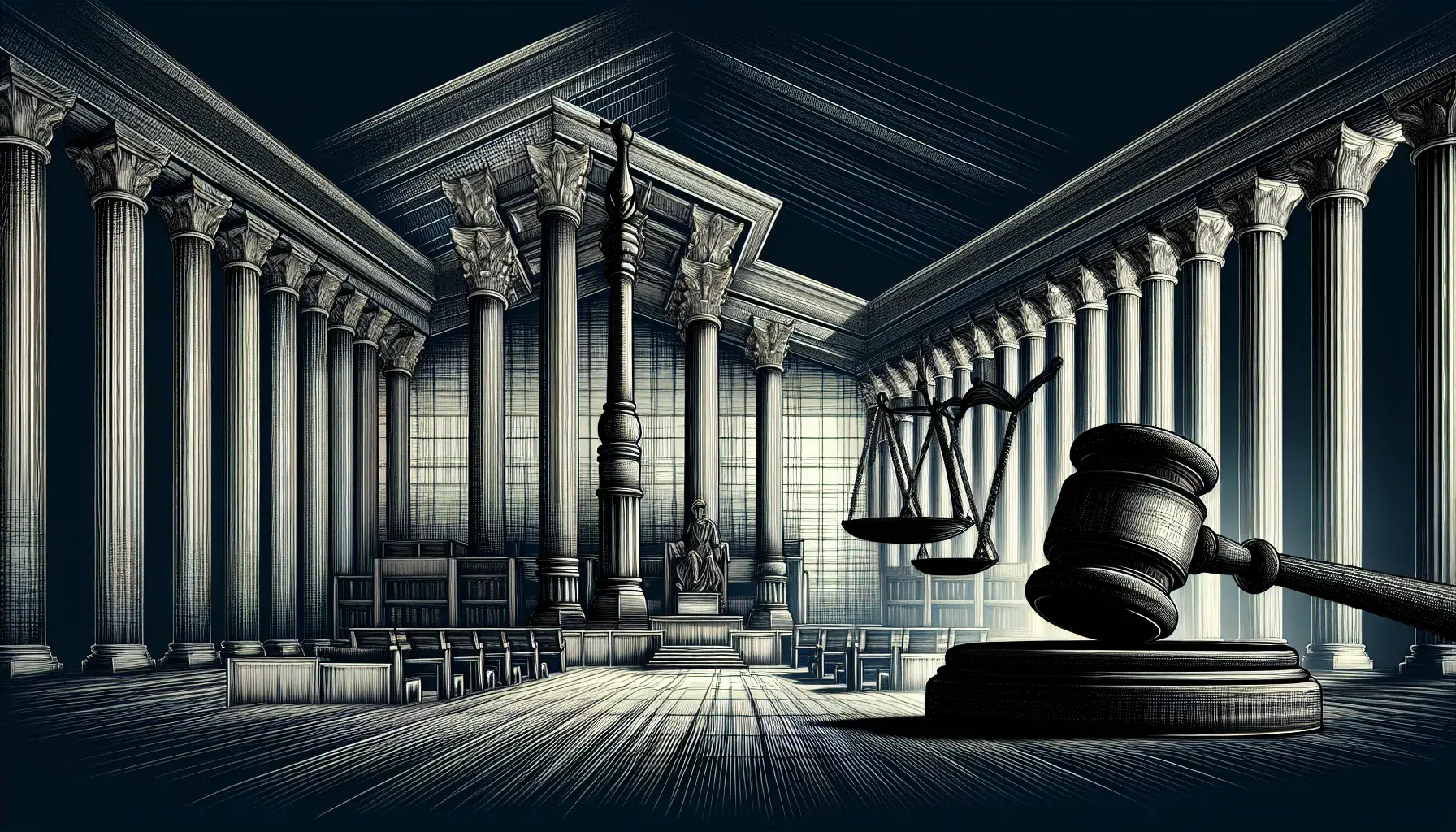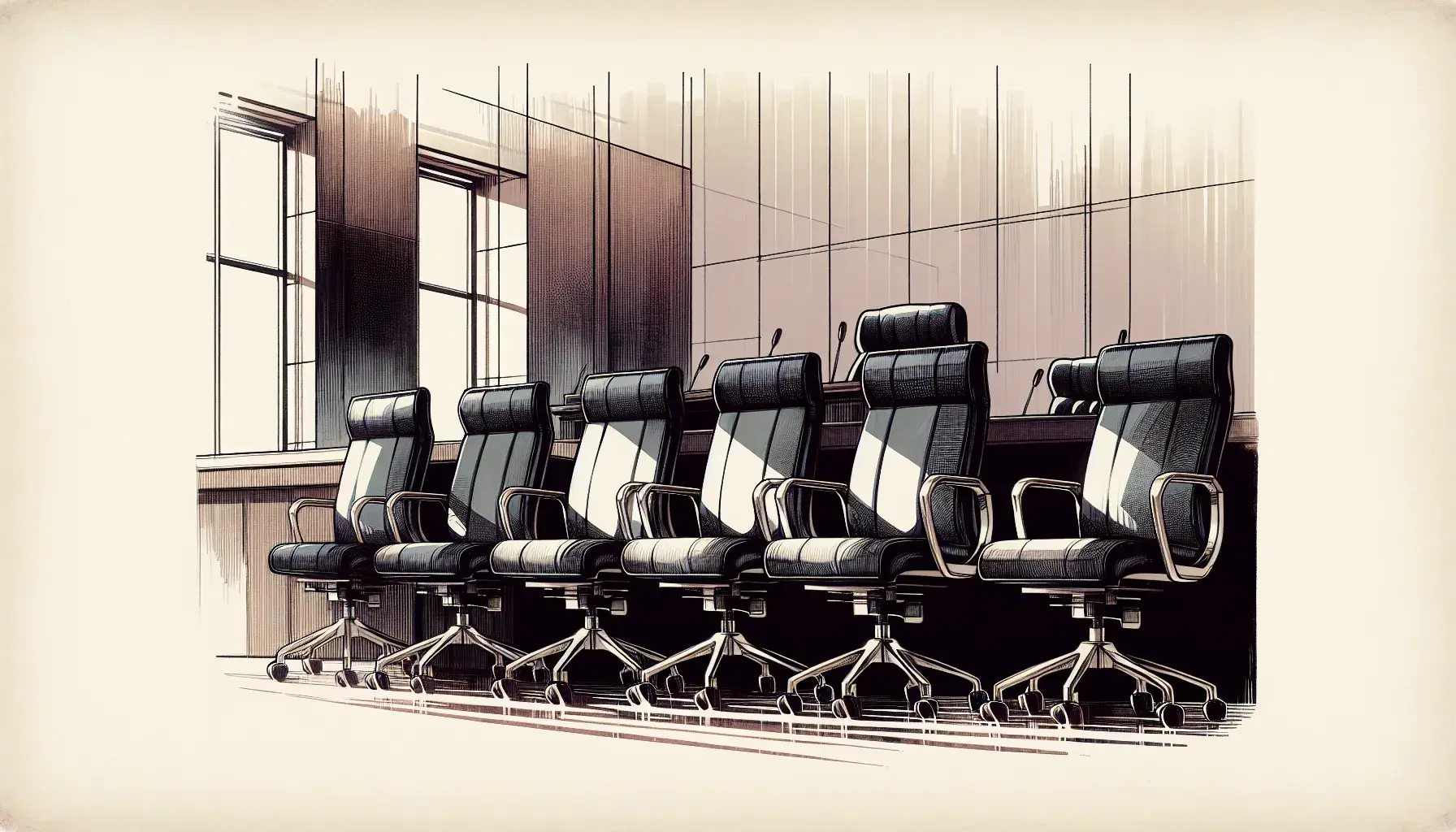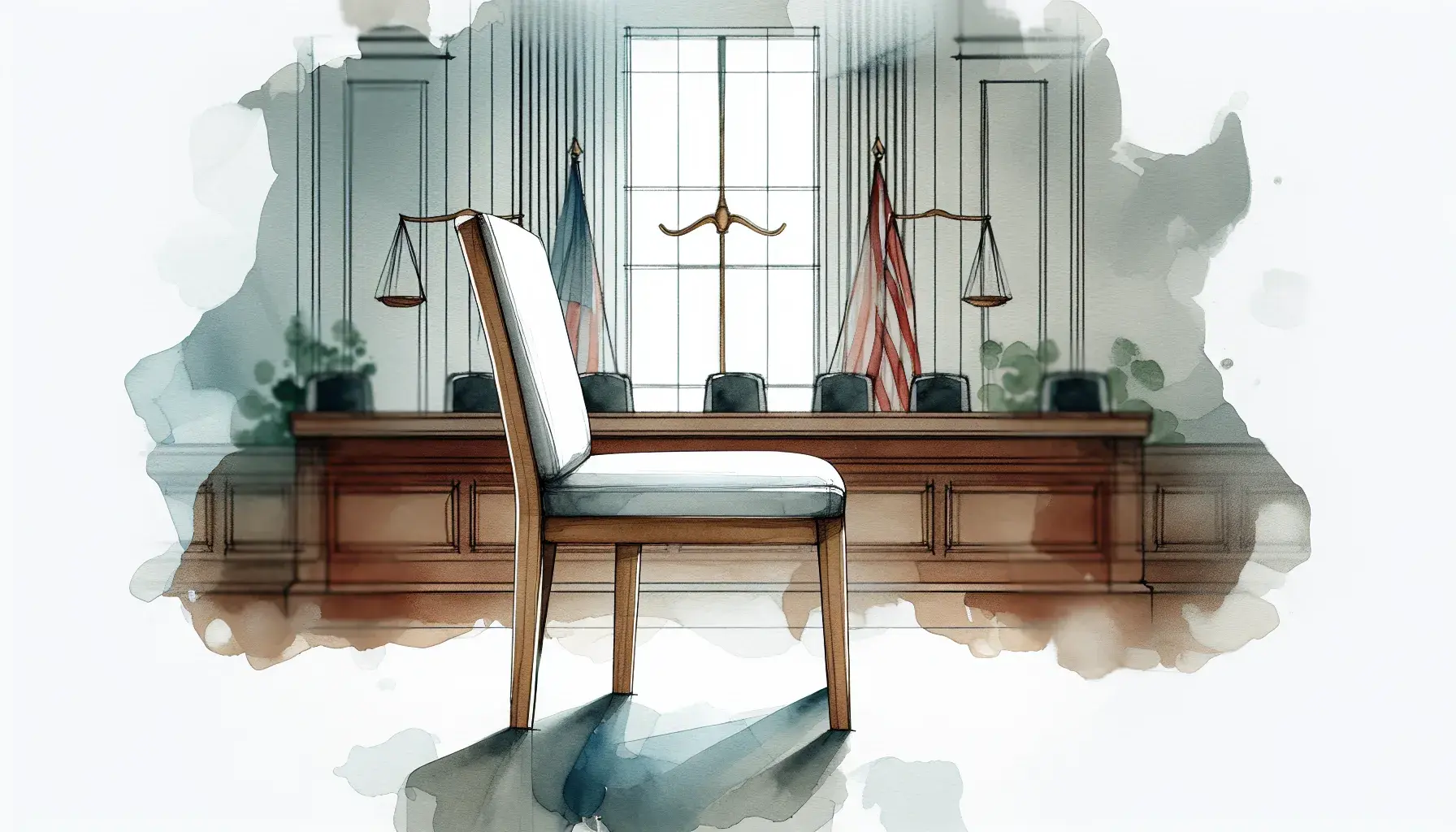Big companies stay silent as Supreme Court weighs Trump tariffs
Major corporations are largely sitting out the Supreme Court fight over Donald Trump’s tariffs, leaving small businesses and policy groups to front the legal challenge to the administration’s use of emergency powers to levy broad import taxes. The justices will hear arguments on November 5, 2025, in a fast-tracked case that could redraw the boundary between the White House and Congress on trade.

At the center of the dispute is whether the International Emergency Economic Powers Act (IEEPA) allows a president to impose sweeping tariffs without explicit congressional approval. Lower courts have ruled against the administration, but kept the duties in place while the case proceeds. Trump said he will not attend the hearing to avoid becoming a distraction; Treasury Secretary Scott Bessent plans to be in the courtroom.
No major companies filed briefs backing the challenge. Instead, large firms have focused on lobbying for carve-outs and exemptions, according to reporting and court filings. Business trade groups — notably the U.S. Chamber of Commerce — and a roster of conservative and libertarian-leaning scholars have weighed in against the tariffs, but the most visible plaintiffs are smaller importers that say the levies upended their costs and planning.
The stakes are broad. If the Court narrows the president’s emergency powers, future administrations could face tighter limits on using tariffs as a diplomatic or economic tool. If it upholds the program, the ruling could cement a more expansive view of unilateral trade authority, even as Congress retains the constitutional power to tax and regulate commerce.
Politically, the case has scrambled familiar lines. Traditional free‑market conservatives and dozens of former Republican-appointed judges have filed briefs opposing the tariffs, while America First allies defend them as necessary leverage. The White House argues IEEPA’s “extraordinary” authority fits the moment; opponents counter that tariffs are taxes, and only Congress can impose them.
Arguments are set for November 5, 2025, with a decision expected on an expedited timeline. However the Court rules, companies and consumers will be watching closely: the outcome could influence prices, supply chains, and how presidents wield economic power in future crises.
The case could curb presidential tariff powers.
Sources
- Big business sits out the Supreme Court fight over Donald Trump’s tariffs — CNN (November 3, 2025)
- Trump says he will not attend Supreme Court's oral arguments on tariffs — Reuters (November 2, 2025)
- Trump's not going to the Supreme Court hearing on tariffs. But his treasury secretary will be there — Associated Press (November 4, 2025)
- Rich conservatives fund the Supreme Court challenge to Trump’s tariffs — The Washington Post (November 4, 2025)
- Businesses press Supreme Court to strike down Donald Trump's emergency tariff power — Financial Times (November 3, 2025)
You May Also Like
These Related Stories

Corporate America Sits Out Supreme Court Tariff Fight

Corporate America Sits Out Supreme Court Tariff Fight

No Comments Yet
Let us know what you think